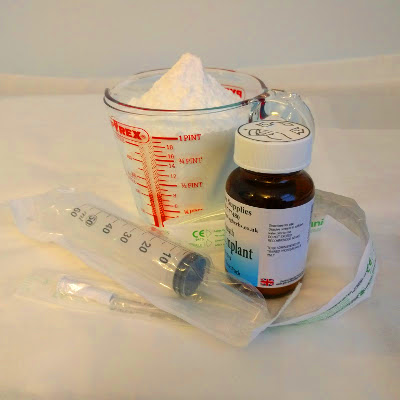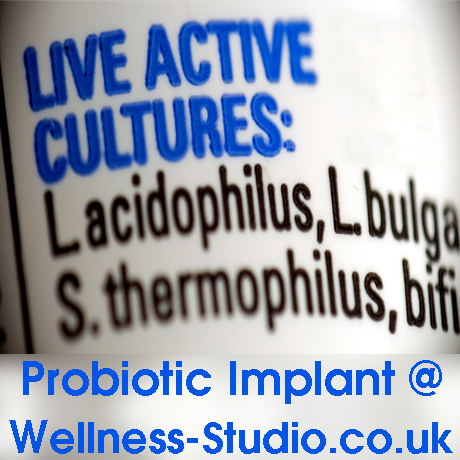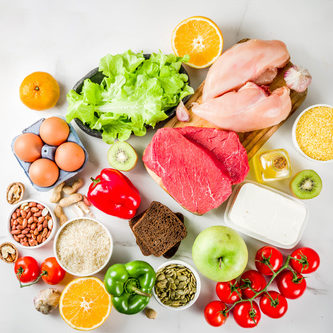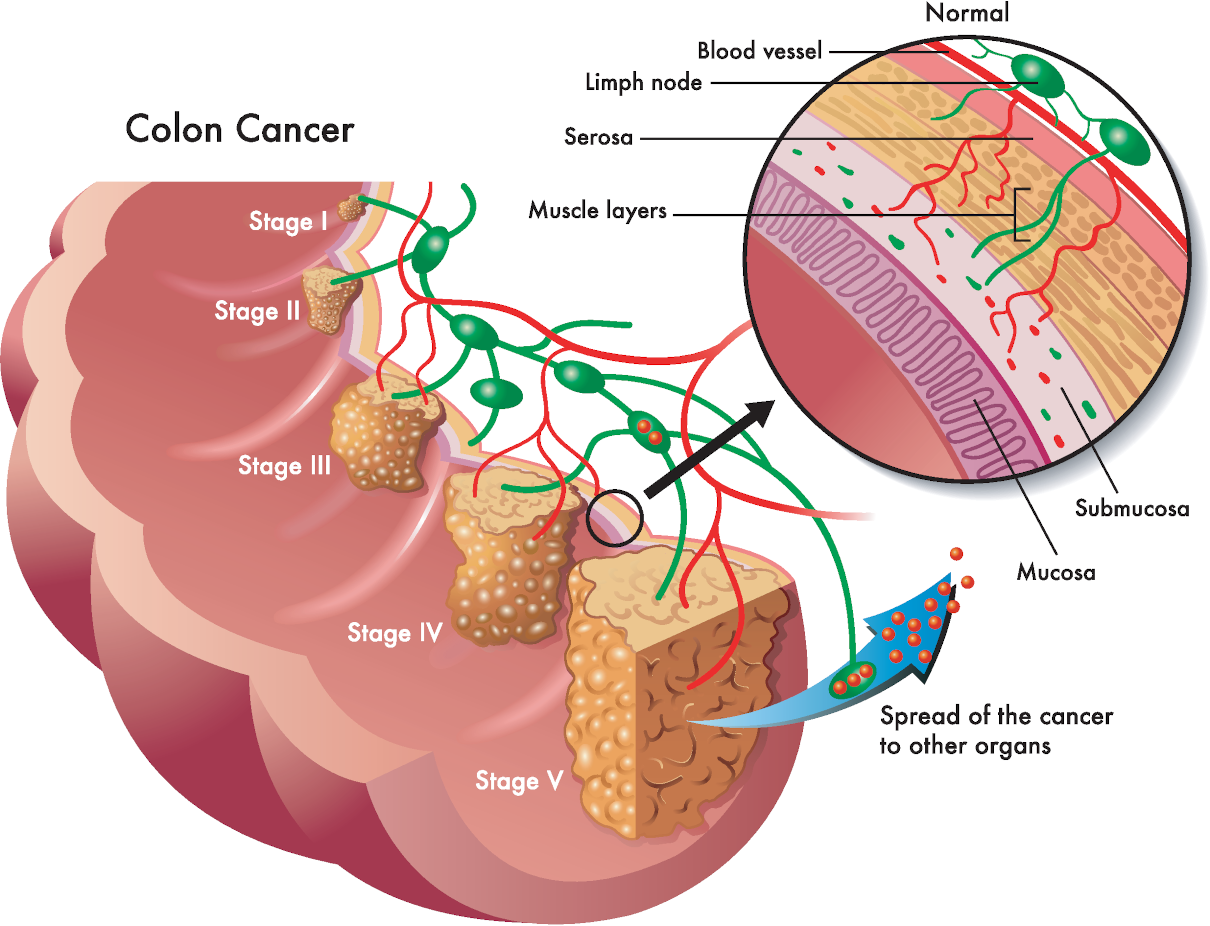
Maintaining an optimal balance of the intestinal microflora that inhabit the human colon is vital. It also allows the body to remain healthy on the internal and external. Moreover, we need intestinal bacteria for all sorts of processes.
According to a recent study published in Integrative Medicine: A Clinician’s Journal, the digestive tract not only processes breakfast, lunch and dinner. The intestinal microflora controls many processes in the body. It prevents many diseases as well as dramatically affects the well-being of people.
Creating a unique composition of human intestinal microflora begins from the moment of birth when the baby gets bacteria that live in the mother’s birth canal. “Primary colonisation of the intestine plays an important role in the formation of the composition of the microbiome in an adult,” the researchers report.

Probiotic implant and alkalising colonic with bicarbonate of soda
Alkalising colonic irrigation with bicarbonate of soda and high strength probiotic implants and comprehensive consultation is available at Parkland Natural Health Clinic.
Internal and external factors
However, in the subsequent life of each person, there are internal and external factors. That can affect the composition of the intestinal microflora, including:
- foods that make up the daily diet;
- intestinal pH;
- exposure to toxic substances.
“Every day we put pounds of foreign substances (food, drinks, medicines, food supplements) in our mouths. However, we hope that the body can distinguish friend from enemy.” Elizabeth Lipsky, a well-known American expert in the field of therapeutic nutrition says. “The digestive system is the centre of our immune system. It controls our metabolism, the synthesis of vitamins and communicates with other systems of the body.”

Probiotic implant and colonic irrigation
Colon hydrotherapy with high-strength probiotic implant and comprehensive consultation is available at Parkland Natural Health Clinic.
Intestinal bacteria and digestion process
Intestinal bacteria play an essential role in food digestion. Scientists have discovered that they can recycle what the human body cannot absorb without their participation.
For example, intestinal bacteria digest fibre, separating the necessary vitamins and amino acids. It is transforming them into forms that are acceptable to the human body. Foods rich in dietary fibre, such as whole grains, vegetables and leafy greens, are rightfully considered prebiotic.
Intestinal microflora
Probiotics must be present in the human diet to create optimal conditions for the existence of friendly microorganisms in the microbiome.
Besides, it can enrich the intestinal microflora with healthy bacterial cultures using kefir and other probiotic products. Colonic Hydrotherapy also helps to restore the intestinal microflora.

Food intolerance test of 208 ingredients
This one is our most comprehensive food and drink test. The test analyses your client’s IgG antibody reactions to 208 food and drink ingredients. This test will highlight their food triggers and help you formulate an IgG-guided elimination diet together.









